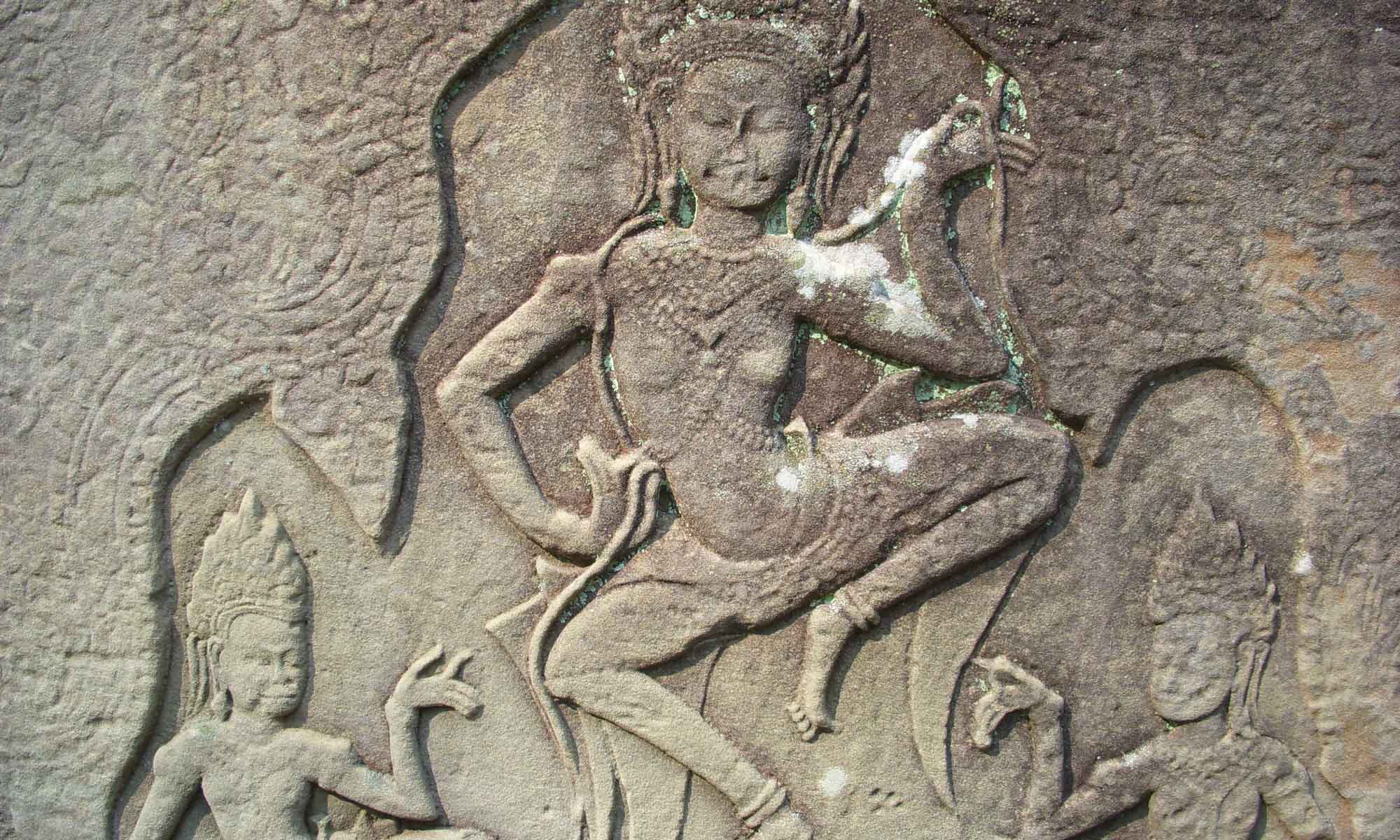Among the Goddesses:
Interactive Writing Ritual for Healing and Justice
This interactive writing ritual is designed “to provide participants with closure and catharsis as we synthesize the gifts of the 2017 ASWM program through imaginative transformation. We will open by invoking goddesses of chaos, loss, mourning, justice, transformation, and peace.” After the invocation, participants will be guided in a three part writing ritual of naming, releasing, and healing, designed to shift our stories into narratives of power. Our final group ritual will weave sacred dance, circling, drumming, and chanting with the words we have written, offering a focused and inspiring doorway out of the symposium into the rest of the world. Please bring writing implements and any ceremonial attire you desire.
Annie Finch is a an award-winning poet, writer, and performer. Her many books of poetry and poetics include Spells: New and Selected Poems; Eve; and Among the Goddesses, awarded the 2010 Sarasvati Award in Poetry from ASWM. Her column on woman-centered spirituality appears regularly in The Huffington Post, and she is currently completing her next book, A Witch’s Way. Subscriptions to Annie’s Spells and Poetry Witch Musings are available at anniefinch.com.



 Our 2017 symposium sessions will take place in the historic
Our 2017 symposium sessions will take place in the historic 


You must be logged in to post a comment.